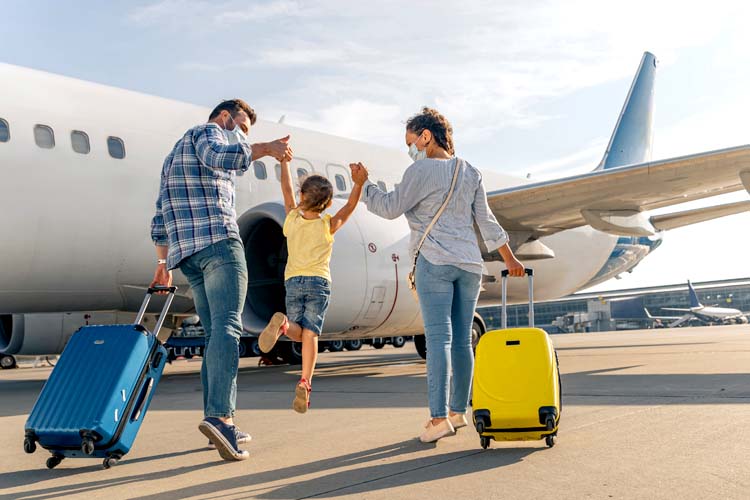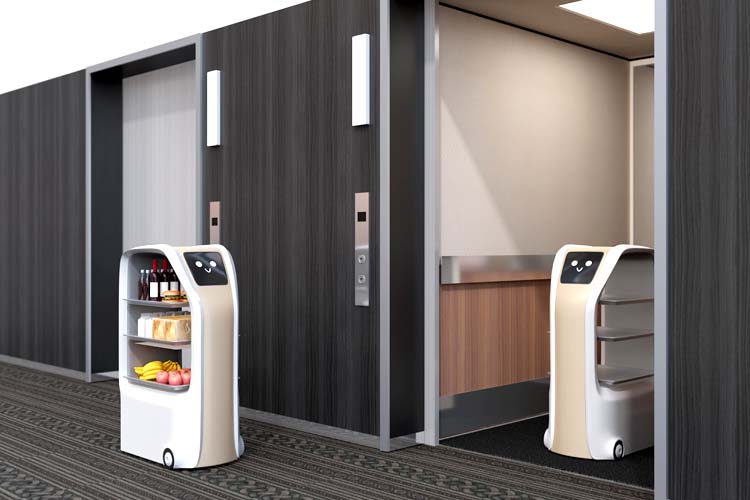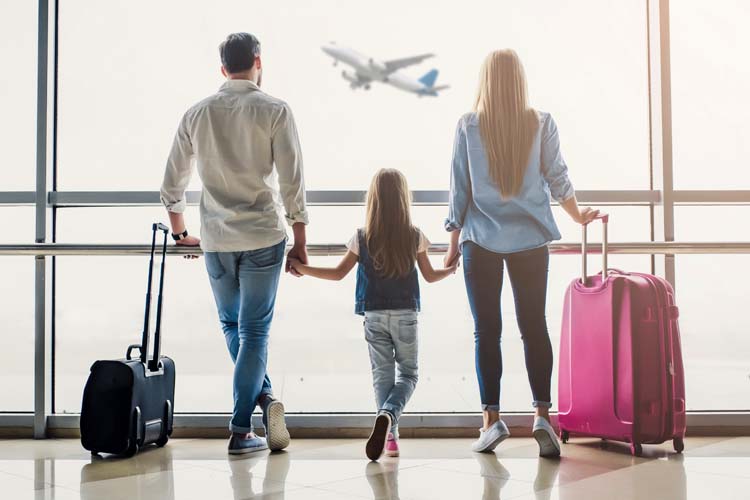The Future of Travelling Post-Pandemic
The Future of Travelling Post-Pandemic
The COVID-19 pandemic has had a profound impact on Hong Kong’s tourism and hospitality industry, causing disruptions and challenges on an unprecedented scale. As the world begins to emerge from the crisis, attention now turns to the future of tourism and hospitality post-pandemic. The industry is undergoing a transformative phase, characterised by changing consumer behaviours, emerging trends, and innovative approaches to ensure safety and sustainability.

This article explores three major trends and opportunities in the tourism industry and how they will affect how we travel change in the future.
Trends and Opportunities
Despite the strict lockdown rules imposed, the pandemic has opened up many opportunities in the tourism and hospitality industry. The trends that Hong Kong has seen are the rise in domestic tourism, sustainability in the tourism industry, and the changes in technology.

Domestic Tourism
In the wake of the COVID-19 pandemic, there has been a substantial increase in domestic travel in Hong Kong, reflecting the growing trend of travelling post-pandemic. With international borders subject to restrictions and uncertainty, residents have turned their attention to exploring the beauty and diversity of their own city. Domestic travel offers a sense of familiarity and comfort, as travellers can easily navigate local regulations and healthcare systems. Moreover, it allows individuals to support local businesses and tourism operators, providing a much-needed boost to the domestic economy.

To cater to the rising trend of domestic travel, local hospitality establishments have adapted their offerings. They have introduced special promotions, discounted packages, and flexible booking options to entice residents to explore their own backyard. Staycations in Hong Kong have become a popular choice for residents seeking a relaxing getaway without the need to venture far from home. In the post-pandemic era, staycations offer a safe and convenient option for individuals to unwind and recharge. Even though international travel is once again an option, staycations remain a suitable choice for locals and as an opportunity for the tourism industry.
Sustainability
Travellers are increasingly seeking eco-friendly accommodations, supporting local communities, and engaging in activities that have a positive impact on the environment and society. This trend emphasises energy conservation and minimising waste.

Energy conservation is a trend that is primarily seen in larger establishments such as hotels. Many hotels in Hong Kong have adopted eco-friendly practices to minimise their environmental impact. This includes implementing energy-efficient systems, water conservation measures, waste management programs, and using sustainable materials for construction and operations. Newer hotels have also implemented eco-friendly building designs for their construction, including energy-efficient systems and sustainable building materials.
The hospitality industry has been emphasising more on the use of sustainable produce and minimising food waste. They provide information on menus and promotional materials, highlighting the sourcing and sustainability of their ingredients. Some restaurants also promote plant-based and vegetarian options to reduce the environmental impact of food consumption.
Technology
While human interaction cannot be replaced, advances in technology have presented themselves as an opportunity in the tourism industry and helped transform travel experiences for the better. Contactless solutions, digital health passports, and advanced biometric systems have become more prevalent, streamlining processes and minimising physical contact. Travellers can expect smoother check-ins, touchless payments, and enhanced communication through mobile apps and virtual platforms.

In addition, the implementation of robot service is slowly gaining momentum in the hotel industry. Robots are being used in hotels to perform tasks such as delivering room service, handling check-ins and check-outs, and providing concierge services. These robots enhance operational efficiency, reduce human contact, and offer a unique and futuristic guest experience. While robots cannot replace the human touch entirely, their integration in the hospitality industry showcases the potential for technology to enhance the service experience.
The Future Of Travel
COVID has drastically changed how we travel after the pandemic. Despite its impact on the tourism and hospitality industries, these sectors have adapted to these new norms and are once again thriving. The rise of domestic tourism has allowed residents to rediscover their own city, supporting local businesses and the domestic economy. Sustainability has become a priority, with eco-friendly practices and the use of sustainable produce gaining traction. Technological advancements have also played a significant role, with contactless solutions and digital platforms streamlining processes and enhancing communication.
While the pandemic has brought about changes and uncertainties, the industry’s resilience and innovative approaches have paved the way for a more adaptable, guest-centric future in the tourism and hospitality sector. The future of the travel industry after COVID-19 is certain to undergo significant changes as it adapts to the opportunities presented by the pandemic.

Furthering your education in International Tourism and Hospitality Management
Now that you have a better idea about the future of the travel industry after COVID, give yourself an advantage by enrolling in BSc (Hons) in International Tourism and Hospitality Management at the University of Sunderland. This program equips you with the necessary expertise to critically evaluate business models and apply them to real-world situations. With a top-up degree from a reputable UK institution and the convenience of studying in Hong Kong, seize the opportunity to excel in this dynamic field.
Elevate your career with the University of Sunderland’s esteemed BSc (Hons) International Tourism and Hospitality Management programmes, or contact us to kickstart your journey to success today.



